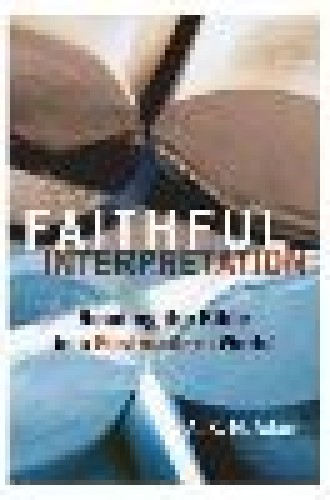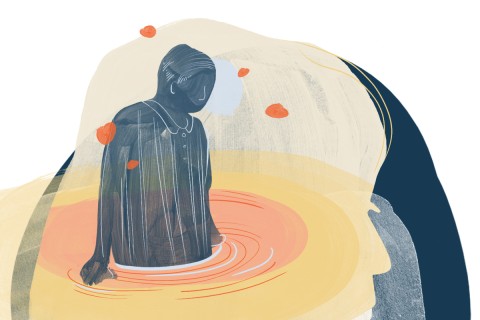BookMarks
Mercadante, a professor of theology at Methodist Theological Seminary in Ohio, grew up in an Italian Catholic community in Newark, New Jersey. She is the child of a mixed marriage whose parents (her mother is Jewish and her father is Catholic) resolved the religion problem by avoiding it. This spiritual vacuum led Mercadante to undertake her own spiritual quest. It took her first to the Catholicism of her father’s family, next to Eastern mysticism, then to atheism, and eventually back to Christianity through an evangelical conversion experience. In time she ended up in mainline Protestantism and became a Presbyterian minister—yet without ever completely abandoning her Jewish and Catholic roots. “I’m just a reluctant Protestant,” she confesses. Hers is a gripping story entailing several marriages (one of which was abusive) and divorces, a struggle with infertility and the adoption of an infant boy. Especially poignant are Mercadante’s concluding reflections concerning the death of both of her parents. She and her brother struggled with the decision as to what kind of ceremonies would appropriately mark their parents’ lives and would honor the religious heritage of each without giving offense to either. This memoir, with its underlying theme of an emerging feminism, began as an article published in the Century in 1999.
Adam’s work makes for bracing reading. Biblical scholars aren’t supposed to be comfortable with postmodern hermeneutics’ dismissal of texts’ inherent meanings, and neither side is supposed to care much about ancient Christian allegory. These essays were previously published in various places over the past decade and a half. One hopes collecting them in one volume will make Adam’s challenge to business-as-usual biblical criticism more widely known. The best essay challenges Ernst Kasemann’s claim that only historical criticism can keep us from “docetic” inattention to the “flesh” of scripture. Adam’s counterclaim is that only incarnational, Chalcedonian Christology can head off docetism.






